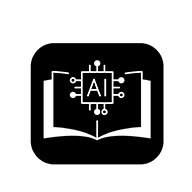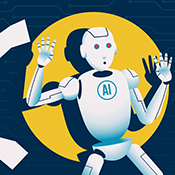Immersive Learning and Its Use in Virtual Education
Implementing immersive learning rooms in a postgrad educational program.
| To leave a comment you must sign in. Please log in or create an ACM Account. Forgot your username or password? |
|
Create an ACM Account |

Understanding the dynamics that effective interactions can have on learning outcomes is an important part of effectively supporting students online.

The impact of technology on communication and social interactions cannot be ignored. Understanding netiquette is essential for navigating eLearning.

Overcoming communication hurdles in online education can foster community, engagement, clarity, and feedback.

Student choice can offer personalized experiences for students to increase motivation, interest, personal connections, and comprehension.

Backward course design can feel very counterintuitive, but it allows instructors to ensure assessments are at the appropriate level.

The time after a question is asked, or wait time, allows students time to think of a response before speaking.

Prioritizing community cohesion is essential for building vibrant, inclusive learning communities that empower all participants to succeed.

With more than half of its students online, Maryville is set to enhance learning outcomes through the integration of AI/LLM into the research process.

Microlearning aligns with the digital habits of today's students, making it conducive to engagement, critical thinking, and academic success.

This article provides several definitions of microlearning and includes an example of a microlearning unit created with generative AI.

As generative artificial intelligence (GenAI) tools become increasingly accessible, higher education institutions must address the challenge of maintaining academic integrity while preparing students for an AI-integrated future. Institutions that rely solely on AI-detection software risk fostering adversarial learning environments due to false positives and a punitive culture. Instead, a comprehensive approach that integrates AI literacy with institutional policy can foster ethical engagement with AI. Drawing on recent literature and best practices, this article examines the limitations of detection tools.

As demand for online courses continues to rise in higher education, many institutions struggle to develop, promote, and sustain high-quality online programs, in part due to limited capacity. In response, Online Program Managers (OPMs), private companies that collaborate with colleges and universities to create and provide online offerings, have become increasingly prominent over the past 15 years. These partnerships allow institutions to scale online courses and programs without having to contribute significant upfront investments. However, there remains a general lack of awareness about what OPMs are, the scope of their services, and the trade-offs involved. This article aims to shed light on the advantages and potential drawbacks of OPM partnerships.